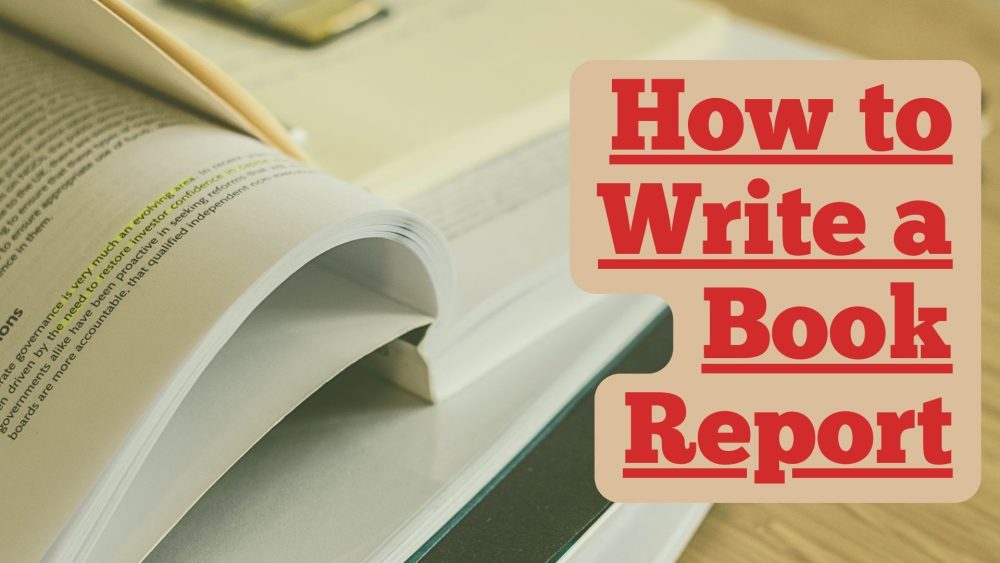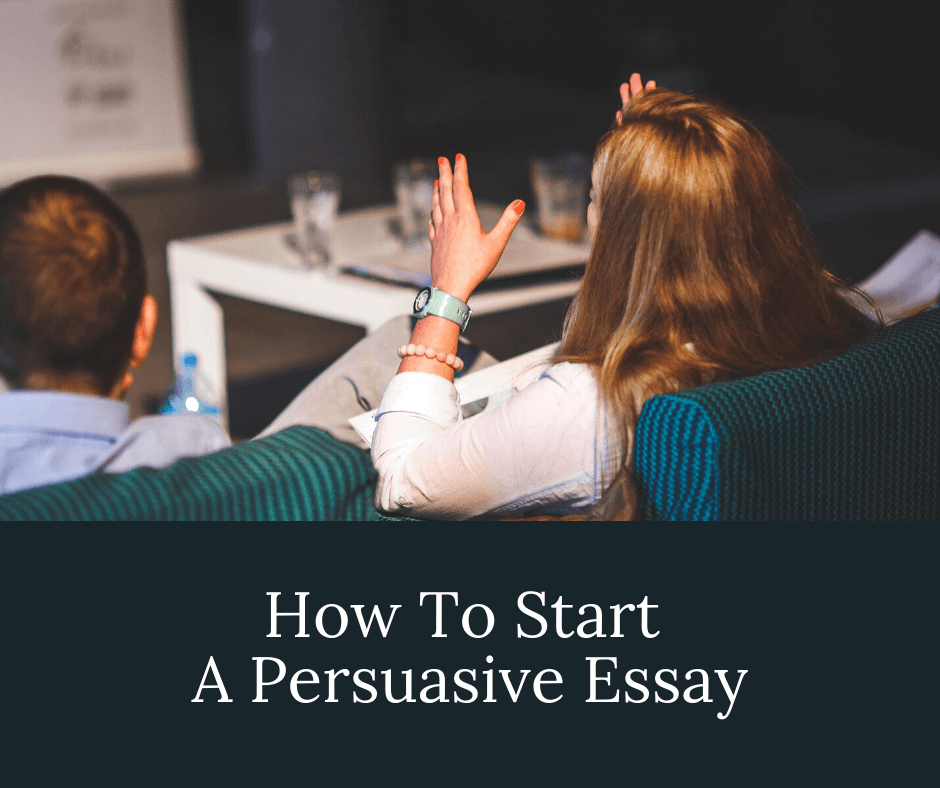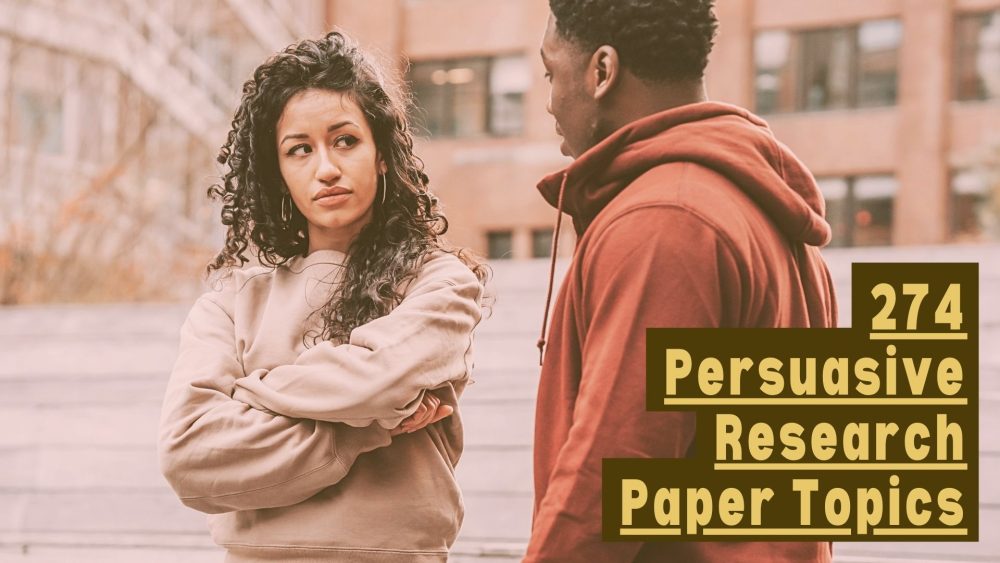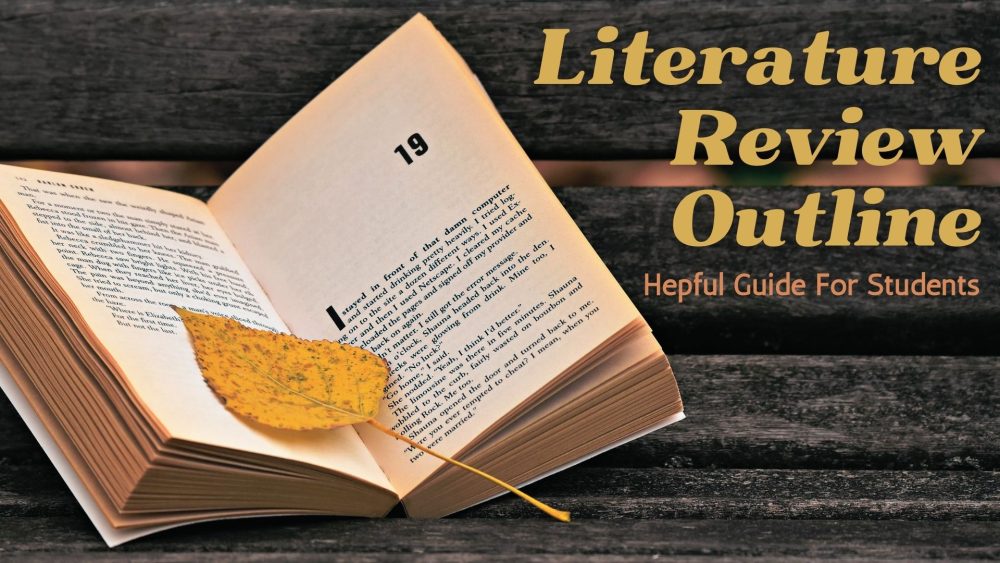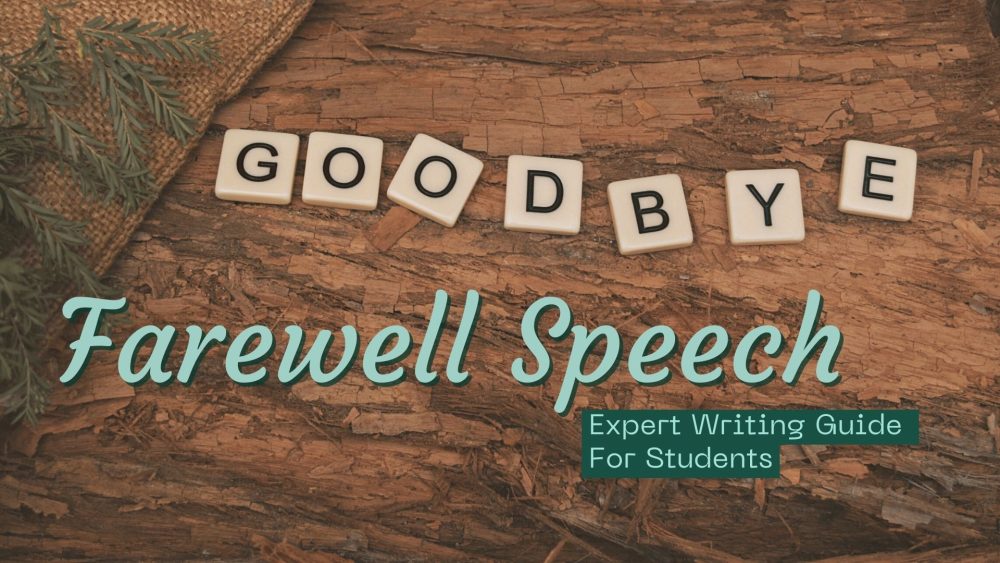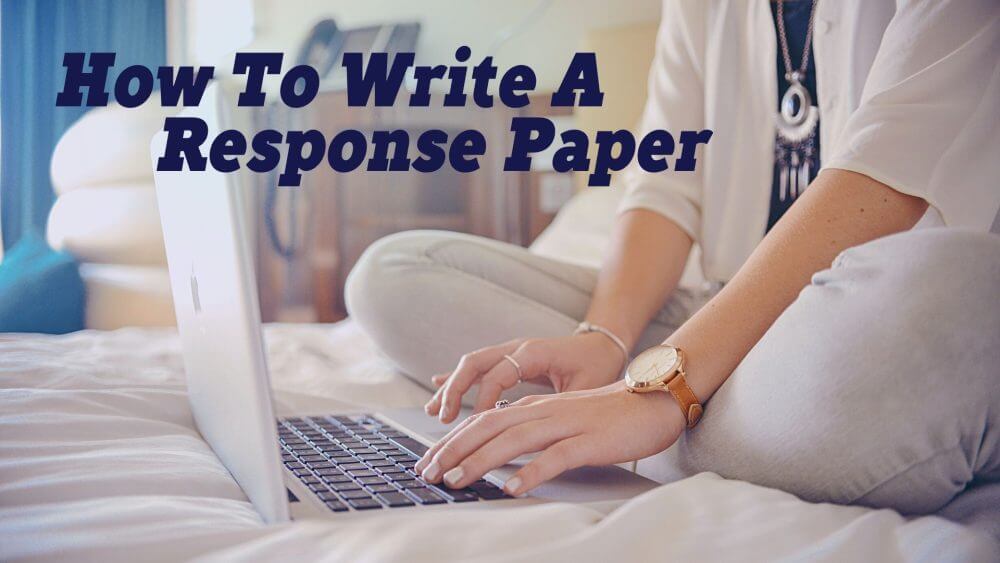Prose vs Poetry and Prose Poetry Writing

In this section, we shall focus on prose versus poetry. Many misconceptions are surrounding the difference between prose and poetry. So what is the difference between poetry and prose? Prose and poetry are two widespread forms of literature. The prose is a written work that comprises sentences and paragraphs without any metrical structure. On the other hand, poetry is a genre of writing that has a specific form with a rhyme.
Table of Contents
How is poetry different from prose? The main difference between poetry and prose is that in prose, there are sentences, paragraphs, and regular writing, whereas, in poetry, there are lines and stanzas and a unique writing style. Here are some prose vs poetry examples: prose can be found in blogs, newspaper articles, novels, short stories, etc. On the other hand, poetry is a way to share unique things, aesthetically found in song lyrics, theatrical dialogue with poetic qualities, etc.
Need more explanation on poetry vs prose? A poetry and prose definition will shed more light on the prose vs. poetry debate. By the way, you can check out our best literary topics.
Similarities Between Prose And Poetry
Most art forms under the umbrella of creative expression in the English language fall into one of two categories: poetry or prose. Here are some similarities of prose and poetry. Prose can share some poetic qualities with poetry such as lyricism and literary devices like simile, metaphor, paradox, symbolism, imagery, etc.
Prose Poetry and Drama
There are differences between poetry prose drama and the original prose and poetry. Since poetry, prose, and prose poetry have been defined, we will concentrate on the definition of drama. Drama is a piece of writing written to tell a story. It usually uses dialogue and is performed on a stage.
Prose Poetry Definition
So what is prose poetry? Prose poetry is the seamless mix of poetry in prose or prose in poetry. Prose poetry is a type of writing in which poetry is written in the form of a prose instead of the usual verse form. Prose poetry preserves the poetic qualities of the writing such as parataxis, heightened imagery, and emotional effects.
In prose poetry, there are no line breaks typical in poetry, but poetic devices such as repetition, rhyme, compression, metaphor, and figures of speech are used. Primarily, prose poetry appears as prose but reads like poetry. Although the name “poetry prose” may seem valid, it is not correct to interchange the words in that order.
How To Write Prose Poetry
Many people don’t know how to go about writing prose poetry. If you fall into this category, don’t panic because it’s as simple as ABC. There are three basic steps to writing prose poetry. They are:
- Learn the rules
- Choose a subject
- Create your poem
Generally, you need to pick a topic and write in full sentences without using line breaks. If you follow the guide below, you’ll be able to compose prose poetry as an expert would.
Learn The Rules
Here are the general rules in writing prose poetry:
- Write in sentences
The sentences you write could be fragmented of run-on sentences. They can also be as short or as long as you want them to be. Most prose poetry uses long run-on sentences, but a sentence can be as short as one word.
- Don’t use line breaks
A prose poem is one without line breaks making the poem look like a paragraph rather than like a poem. The poem’s length is up to you, and you can divide your paragraphs into new sections. Although many people may mistake a prose poem for a short story, a prose poem is usually less factual and poetic.
- Use common poetry features
Feel free to use common poetry features such as repetition, rhyme, figures of speech, etc. You can use none of them, some, or even all of them in your poetry.
- Go through famous prose poetry examples
Take some time to look at actual examples of prose poetry. Seeing the work of other people is one of the best ways to learn prose poetry. Try to go through some prose poetry examples from famous examples of prose poetry books like George Byron’s “The Vision Of Judgment”, “Bath” by Amy Lowell, etc. Release your free spirit using the samples only as a guide.
Choose Your Subject
Here are some tips on how to choose a captivating subject or topic to write on.
- Write about a specific event
Prose poems are great ways of telling stories. Choose a moment you consider a highlight in your life or that of others and write a narrative on it in ways that will resonate with others. - Address/Convey your feelings towards something
You can choose a person, idea, or group of people to address or convey your feelings. Selecting specific people or ideas gives more force to a prose poem. Never forget to express your emotions. Write in a conversational tone as a letter or just blocks of texts, as long as you don’t use any line breaks.
- Choose a historical event
Choose a historical event that you’re well conversant with or do much research on and write captivatingly. It could have happened in the recent past or even thousands of years ago.
- Choose an object that you have an emotional connection with
Choosing objects that you have an emotional attachment to is an excellent way to channel your emotional energy. You can select nature or love, for example, as much poetry is centered around these subjects.
Create Your Poem
Here is an excellent guide to help you create your poem.
- Kickoff with rhyming words
Try to work your poem to have rhyming words, especially at the end. It is easier for you to choose words that are short and easy to form rhymes with.
- Finish the poem then revise it
Most great writers write their work using words as they come to their heads. They let the words flow without restrain, and after their work is complete, they spend ample time revising and polishing it until it becomes a masterpiece. You can do that too.
- Use descriptive words
Poetry helps you paint pictures that readers can easily see. Make your readers know what you see and feel what you feel. That’s what makes great poetry.
So here we are! Now we’ve discussed everything about prose vs poetry, including examples. Ready to write your next piece of writing with confidence? Let’s do it together with our literature homework experts!



